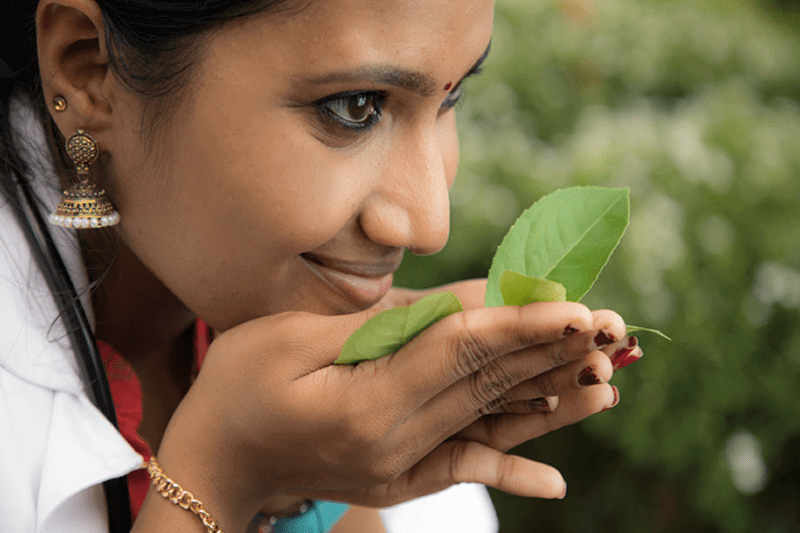
Differences in Temperature of up to 10 degrees Celsius during the day and permanent heavy showers turn fall into the perfect cold season. When the Vitamin D supply decreases, our immune system gets weaker as well. Now it is important to strengthen the body from within, to leave no room for pathogens. Or even if you are already ighting against a cold, Ayurveda can help to get rid of it quickly.
The indications vary from Dosha to Dosha. Vata people usually suffer from dry mucus membranes, dry cough and hoarseness, while Kapha Doshas have to deal with an increased mucus production. Pitta Doshas on the other hand struggle with inlammation, which often shows itself through reddening of the mucous membrane and fever.
In this case, Ayurveda considers nutrition as primary approach. Raw or animal-based, as well as highly sweetened, fatty and acidic foods shall be avoided, as they stimulate inlammation and support the deposition of Ama. Ama are metabolic toxins that accumulate in our digestive system and they are the reason for many diseases.
When ighting a cold you should concentrate on eating cooked vegetables, warming soups, rice and legumes for a few days. Use digestive spices, like turmeric, pepper, cloves and cinnamon additionally. These spices can be easily combined with tea, curries or soups. Another silver bullet is ginger. Ginger has an anti-inlammatory effect and should be used while cooking as well as boiled in water or tea.
You may have heard of the persistent myth that lemon helps strengthening the immune system. One has to be careful with this myth when looking at it from the Ayurvedic point of view though. Acid irritates the throat, facilitates inlammatory reactions and creates a fertile breeding ground for pathogens. Alternatively, you should rather eat a teaspoon of honey, which is anti-inlammatory and calms the irritated throat.
Drinking a lot is important in any situation, but during the lu season, it is even more crucial. Not only teas, but also hot, boiled water help by purifying the body and stimulate sweating. The water has a mucolytic and soporiic effect in combination with calming spices like fennel, aniseed and cumin. This effect is advantageous, as sleep and rest are the be-all and end-all of getting well soon.
As you can see, some of the Ayurvedic approaches coincide with the homespun remedies that our western world passes on from generation to generation. Whereas Ayurveda, against the medicinal treatment approach of the western medicine, regulates the recovery process via the nutrition. The body is unburdened through the light diet and can focus on ighting the pathogens and initiate the regeneration.

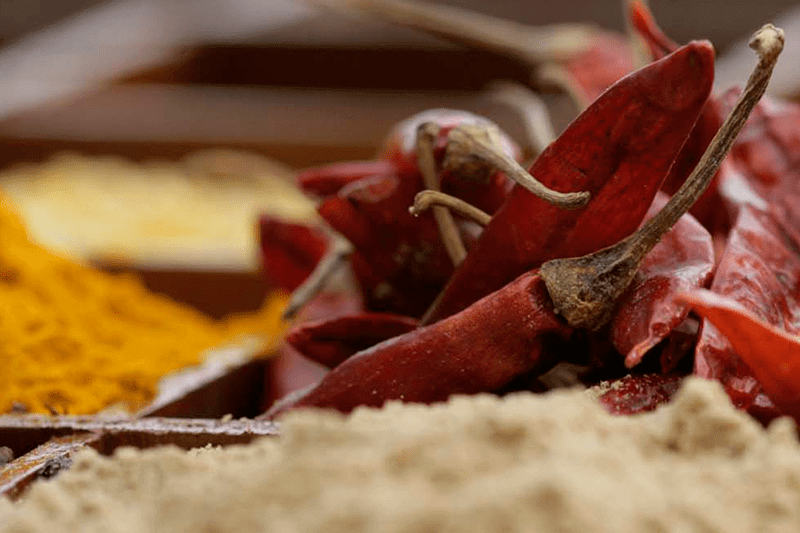


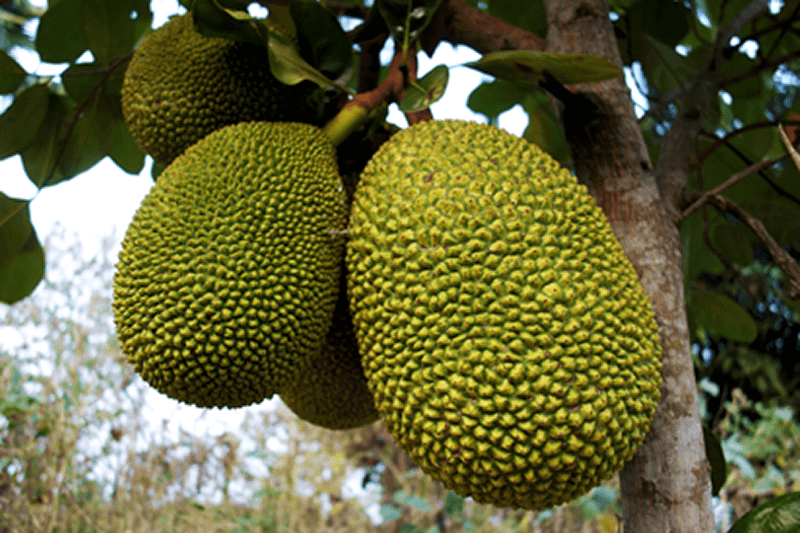
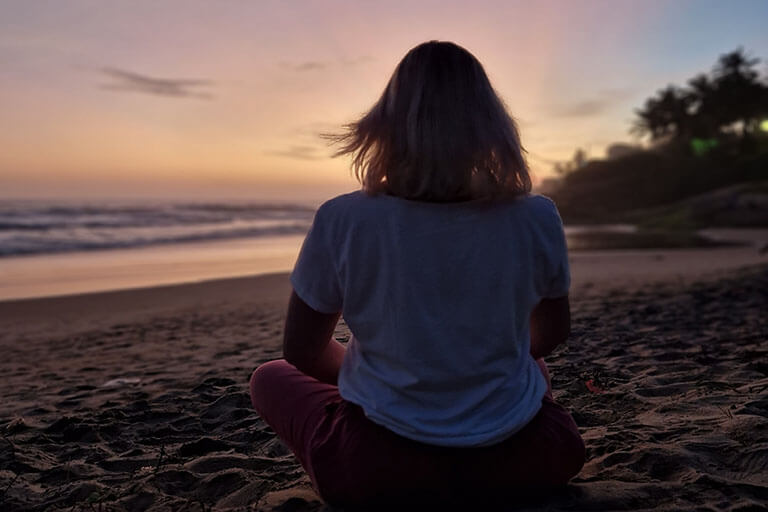


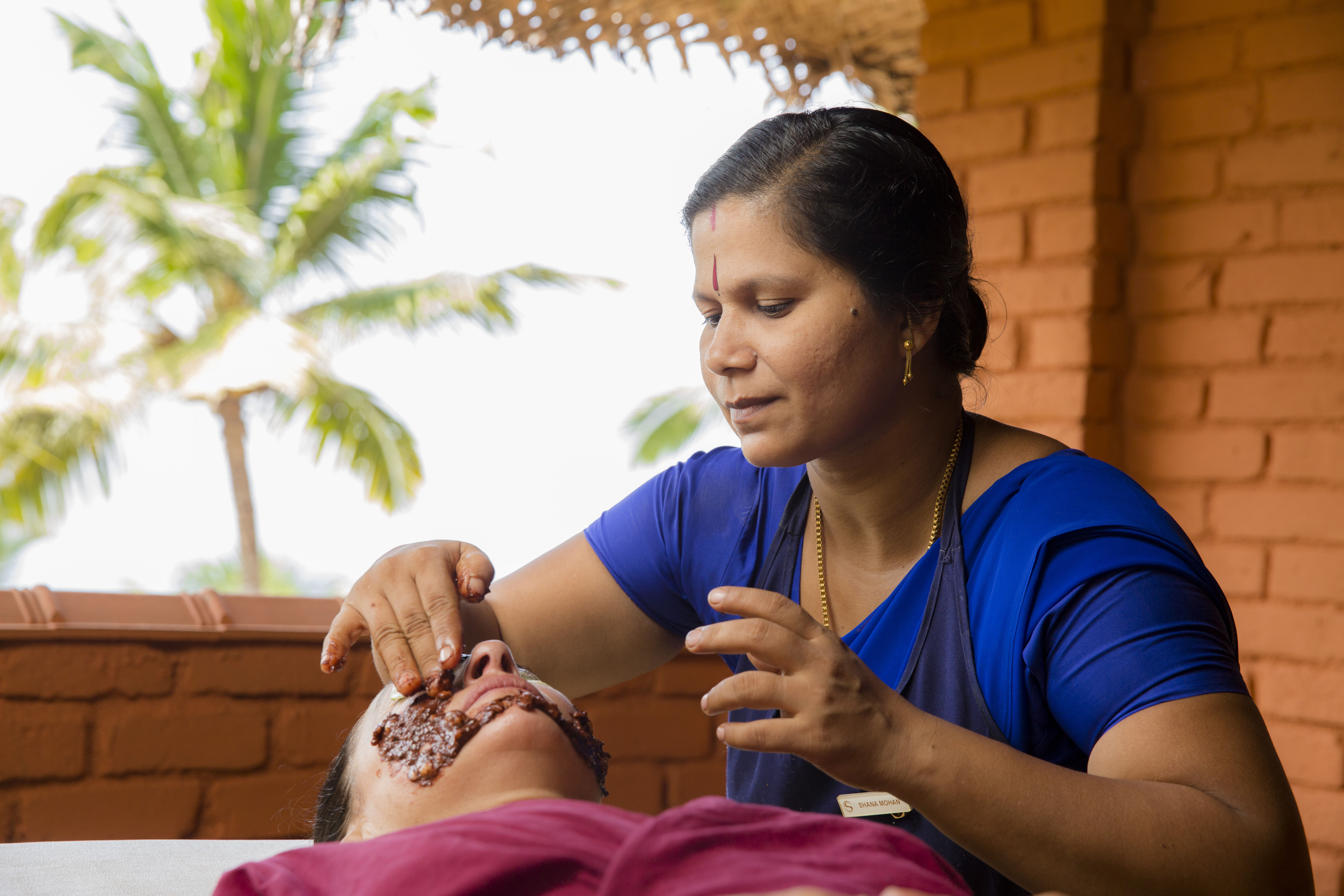




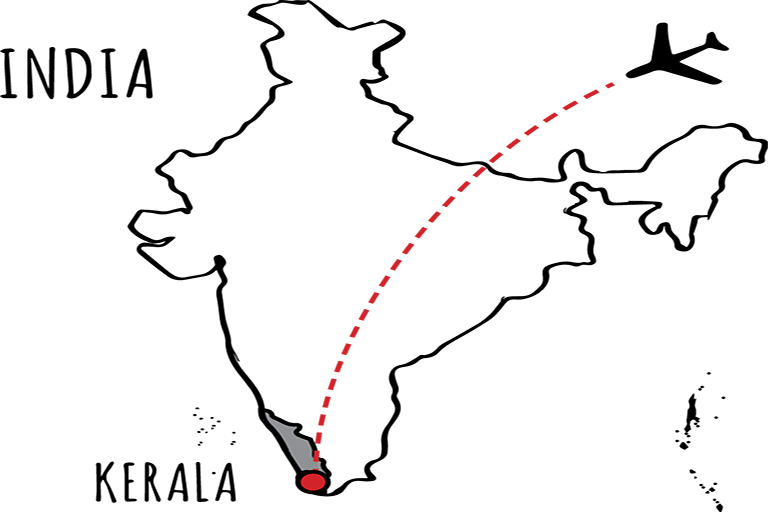

What do you think?